Earth Balance makes a range of vegan butters, mainly from palm oil. Somebody mentioned the brand while discussing palm oil and I figured it would be useful to evaluate Earth Balance for social and environmental impact (hey Willow Croft!). I used to buy Earth Balance butter but things have changed since then so I thought it would be a good time to reevaluate the brand. I reviewed Nutiva Shortening, which is also made from palm oil, in the last post so that we can learn how to differentiate between good and bad palm oil products.
Earth Balance has been around for quite a while and, like many brands these days, the company ownership shifted a few times over the years. It was owned by Boulder Brands, then acquired by Pinnacle Foods, and is now owned by Conagra, one of the largest food companies on the planet. Unfortunately, standards seem to have slipped along the way.
Originally (more than 5 years ago) Earth Balance was involved in the Palm Oil Innovation Group (POIG), which was designed to raise the bar on palm oil sustainability because people had lost faith in the Roundtable on Sustainable Palm Oil (RSPO). However, under Conagra’s ownership, standards for Earth Balance palm oil purchasing are worse than they’ve ever been. More on that later – first I should get to the actual products that I bought!
Earth Balance vegan spreads
Earth Balance products are regularly stocked at the Grocery Outlet and I’ve tried the Pressed Sunflower Oil Spread and also the Omega-3 Buttery Spread. They cost somewhere around $2 at the Grocery Outlet, compared to a normal price of around $5. I didn’t like the Omega-3 Buttery Spread much and it became relegated to back-up for use only when I had run out of (better) vegan butter. The Pressed Sunflower Oil Spread is not as bad but I can’t say I enjoyed it. There are so many vegan butters available these days and virtually all of them are significantly tastier and more ethical than Earth Balance.
Earth Balance also makes an Organic Whipped Buttery Spread (which I used to buy, years ago) and this product is a little better, both ethically and in terms of taste and texture. However, having reevaluated Earth Balance now that it’s owned by Conagra, I’m now putting the entire brand on an avoid list – and other Conagra brands for that matter.
Is the Palm Oil in Earth Balance sustainable?
Short answer: No. As mentioned above, I used to have a higher rating for Earth Balance because the company had been working with the POIG to raise ethical standards for palm oil. That relationship ended as Earth Balance’s owners changed and now Earth Balance is back to using RSPO – the certification scheme that the POIG is hoping to improve upon. Before I get to the details on that, I want to refer you to the last post on Nutiva Shortening because that’s certified under the only scheme that I currently support – Palm Done Right.
In the absence of a Palm Done Right certification I would rate POIG next (e.g., L’Oreal is a POIG member and is considered to be better than average for palm oil sourcing) and then RSPO comes last.
Even within the RSPO there are better and worse certifications. Identity Preserved is the best of the RSPO certifications because it traces the palm oil from farmer to purchaser. Then there’s Segregated, then Mass Balance, and finally Book and Claim. The Book and Claim system involves a company (like Conagra) purchasing credits that are intended to support sustainable palm oil, thereby “offsetting” the impact of the non-certified palm oil that the company buys.
I contacted Conagra to get more detail on its palm oil sourcing policy and this was the company’s response:
We purchase palm oil from U.S.-based suppliers, who sometimes run integrated operations that both harvest and process the palm oil or from commodities traders who simply purchase and distribute palm oil. Conagra had purchased Palm Trace Credits for all of our purchased palm oil and has begun to move to the Mass Balance system.
So, Conagra buys palm oil on commodity markets, etc., and currently uses the RSPO Book and Claim system by purchasing PalmTrace Credits to offset the damage caused by the purchase of non-sustainable palm oil. In the hierarchy of palm oil certifications, this is the weakest certification level from the weakest certification body (RSPO).

What are PalmTrace Credits?
PalmTrace replaces the GreenPalm credit system – it’s basically a way of allowing companies to “offset” the impact of their non-sustainable palm oil by buying credits that “incentivize” the production of RSPO-certified palm oil. Remember that “RSPO-certified” doesn’t count for much anyway, as enforcement of RSPO rules (e.g., on deforestation and peat burning) has been weak. So the credits are an even weaker version of this and they allow companies to continue to buy non-certified palm oil on commodity markets.
Earth Balance Pressed Sunflower Oil Spread – Ingredients
Ingredients: Sunflower Oil, Palm Kernel Oil, Flaxseed Oil, Sea Salt.
Certified Vegan, Non GMO Project Verified, RSPO Mixed.
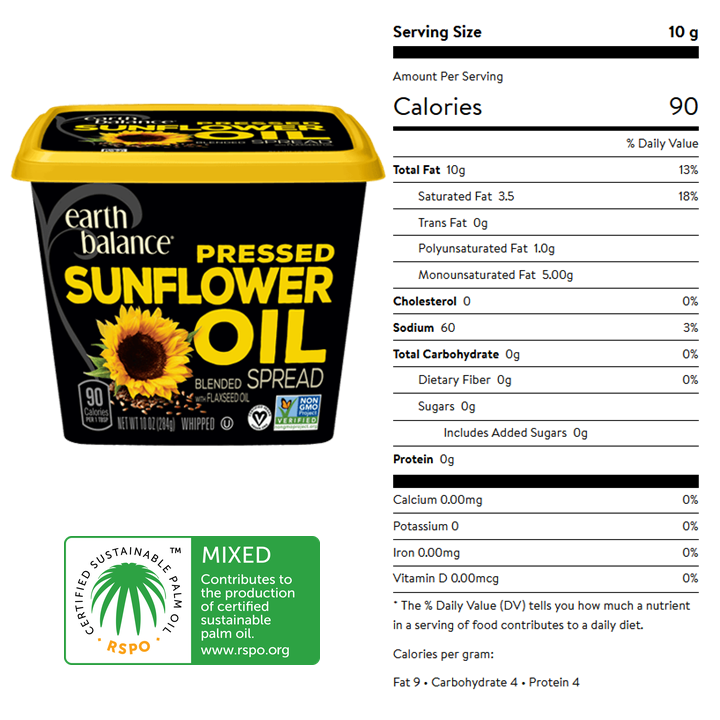
As explained above, Conagra is mainly using PalmTrace credits to offset the impact of the palm oil that’s purchased through commodity markets, etc., and is moving towards the Mass Balance system (the second lowest level of RSPO certification). That’s encompassed by the RSPO logo stating “Certified Sustainable Palm Oil – Mixed.” Yes, it’s not straightforward, but refer to the earlier image with the various certifications ranked from best (Palm Done Right) to worst (RSPO PalmTrace and RSPO Mixed).
Ethical rating for Earth Balance
Here’s a summary of how I feel about the social and environmental impact of Earth Balance Pressed Sunflower Oil Spread, which I’m scoring 1 Green Star:
- Earth Balance products such as this Sunflower Oil Spread are vegan.
- However, the impact of the ingredients offset this benefit.
- Sunflower oil that’s not organic is most likely hurting rather than helping bees and other insects due to the prevalence of neonic insecticides such as imidacloprid and other industrial farming practices.
- The palm oil sourced by Earth Balance (Conagra) is certified at the weakest level and should be considered to be net harmful to the planet. Earth Balance used to have a progressive policy on palm oil before ownership changed – Conagra ranks among the weakest major food companies in terms of palm oil ethics.
- The opening sentence on the Sustainable Agriculture section in Conagra’s 2020 Citizen Report is this: “Conagra Brands is a proud partner of U.S. Farmers and Ranchers in Action (USFRA)…” Other USFRA members include Monsanto (Bayer) and the organization exists to promote industrial agriculture practices such as feeding with antibiotics, raising animals under intensive conditions, using GMOs and pesticides, etc.
- Conagra’s greenhouse gas emissions continue to rise, increasing by 2% from 2019 to 2020.
- Waste generation per lb of food produced at Conagra increased by 28% from 2019 to 2020
- Conagra management is 68% male and 86% white and the board of directors is 73% male and 73% white.

Summary scores (out of 5) for Earth Balance Pressed Sunflower Oil Spread:
- 2.5 gold stars for quality and value
- 1 green star for social and environmental impact
If you have a different opinion, please share your rating! Until next time, stay safe : )

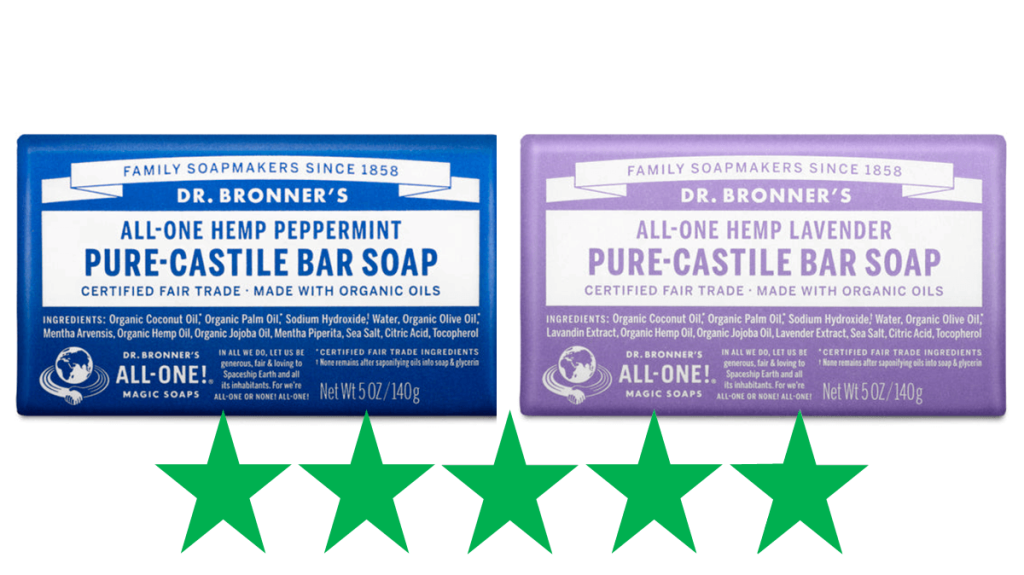
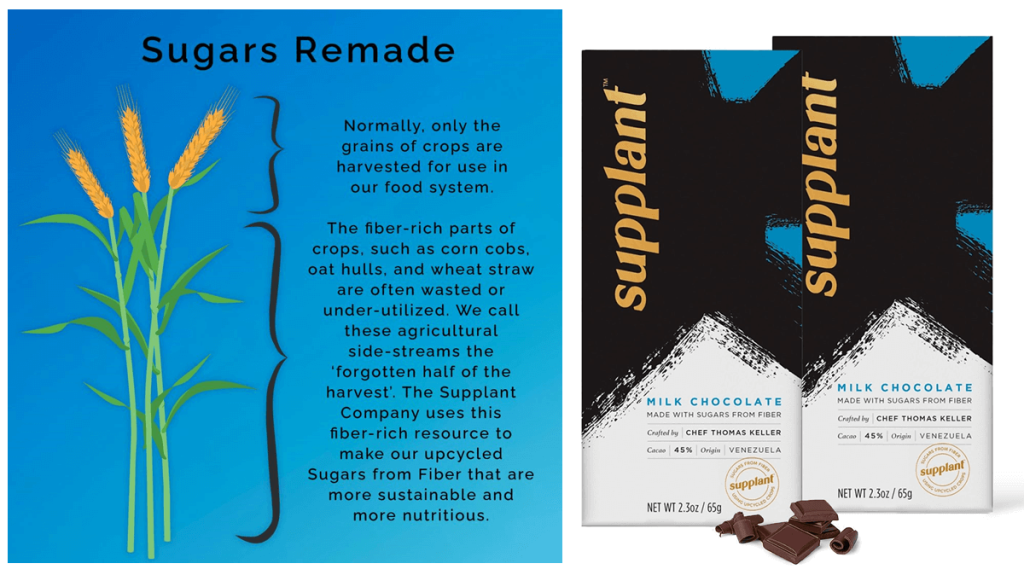
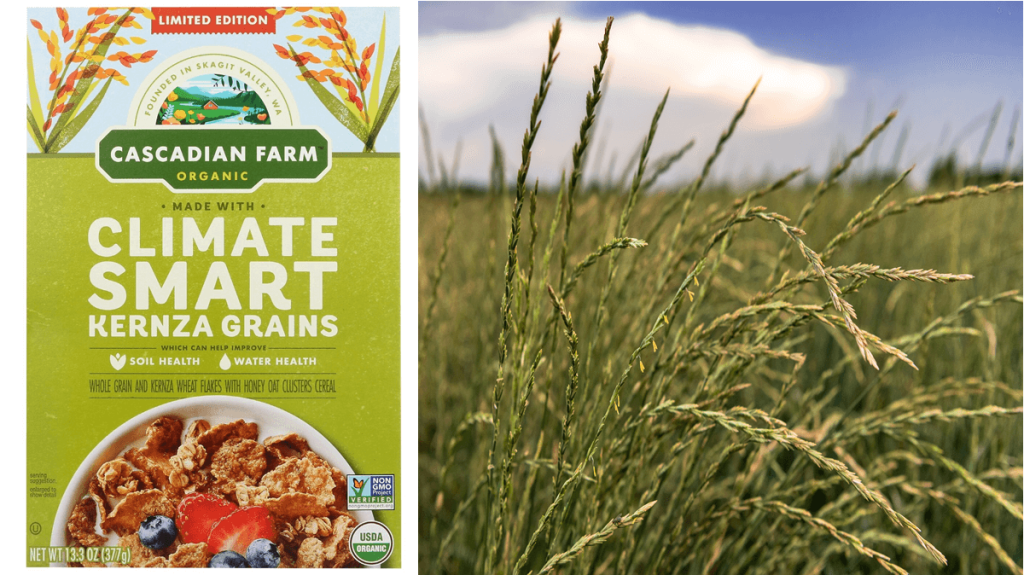
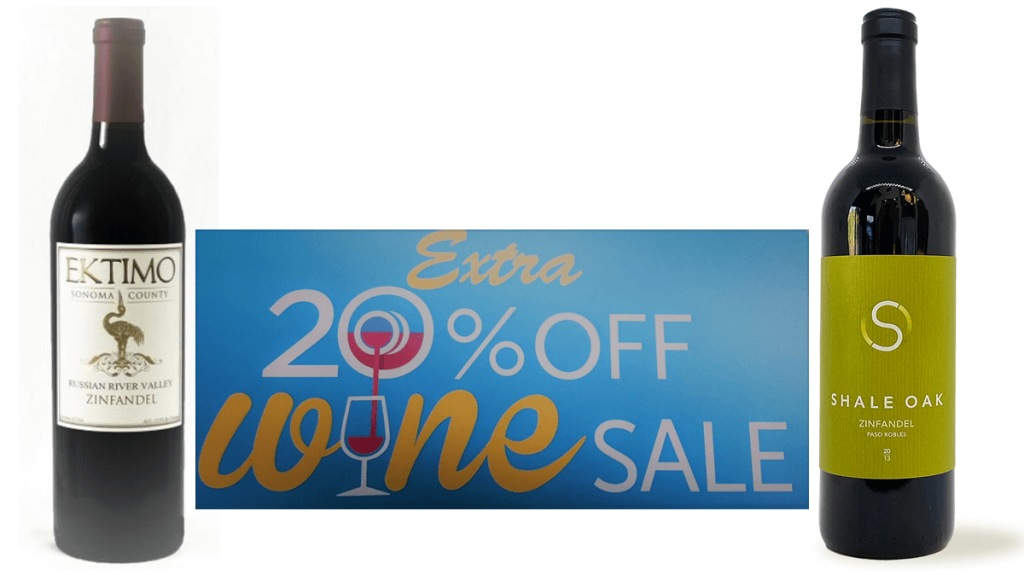
Leave a comment